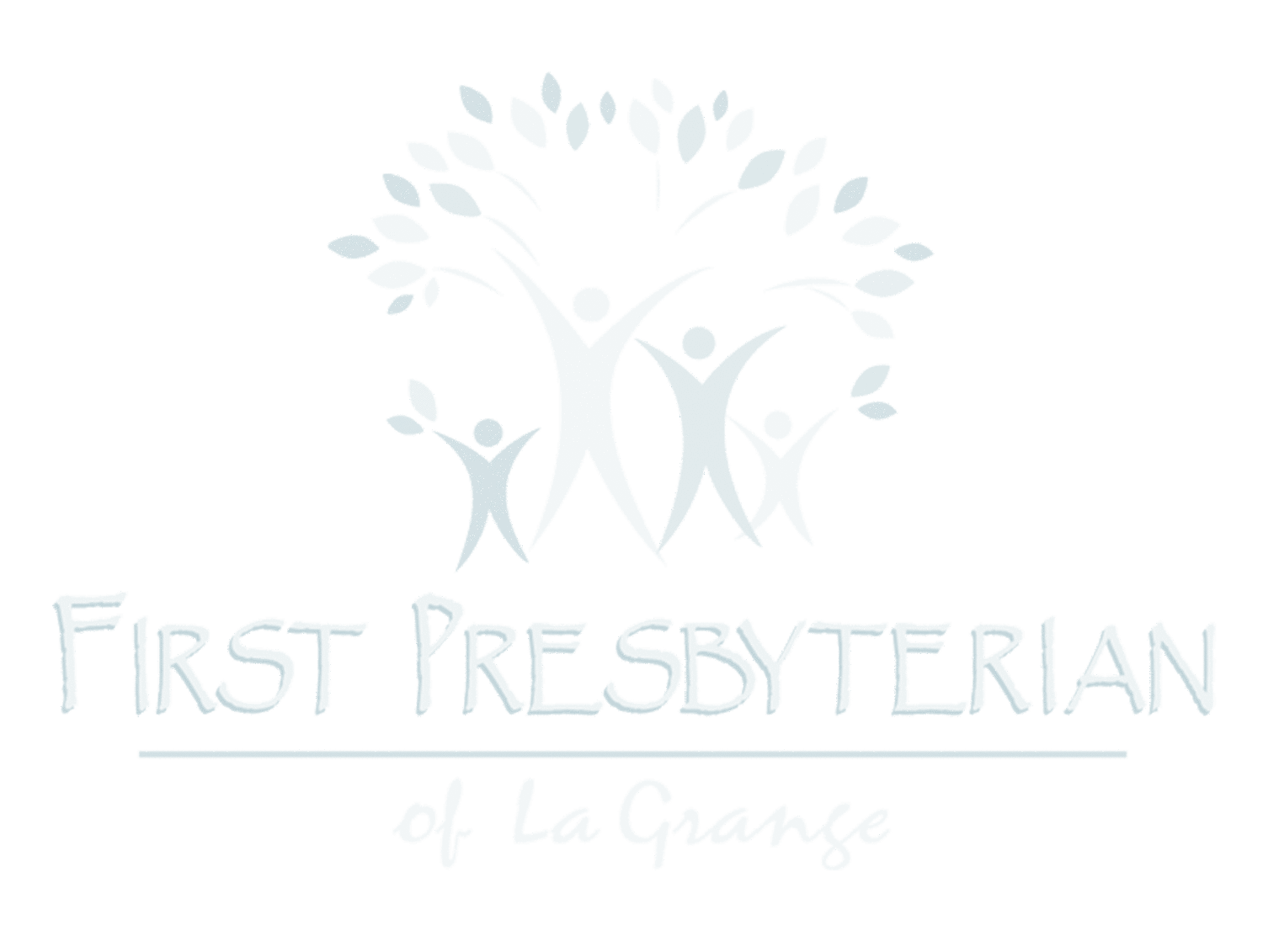Dear Information Consumers:
I grew up in a house of paperboys. My two older brothers and I all had routes, although because they were 8 and 10 years older than I, we didn’t carry at the same time. Thanks to their stellar reputations as carriers, paperboy manager Roy Carlson permitted me to start a route at the age of 11, a full six months ahead of my 12th birthday, the published minimum age required to deliver the Omaha World-Herald.
There were morning and afternoon routes. My brothers had carried both, but by the time I had a route, the morning circulation had declined so significantly that a light route of 50 or fewer papers covered more than a dozen blocks, so I stuck with afternoons. The afternoon routes also had the benefit of covering Saturday and Sunday morning deliveries. The Saturday paper delivered fast; it was smallest of the week, except during college football season when the Husker Report filled several extra pages. The Sunday paper was the heaviest, but also the most lucrative; you could sell Sunday papers for 40 cents when the carriers were only charged a quarter. Saturday and Sunday mornings also had the advantage of my father’s help. He would drive me to my bundle corner where the papers were dropped off by a truck around 5:00 in the morning; then he would deliver a few blocks of my route and wait in the car, reading the paper, while I finished.
Collecting was the annoying part of the job. On Saturday mornings and Tuesday evenings, I would work the route again, this time with payment punch cards and change, ringing doorbells and collecting the 75 cents for weekly home delivery. We kept the difference between the 40 cents per week carrier charge and whatever we could collect. If we built our routes to over 100 customers, our wholesale price dropped to 38 cents. If a customer stiffed you for your papers, that was your cost. I learned I was too much of a soft touch when I would keep delivering papers on the promise that the customer would “take care of me” the following week. Newspaper delivery taught me a great deal about human nature. I think that’s why I became a cynical Calvinist.
In May 1974, the editorial board of the paper called for the resignation of President Richard Nixon, and circulation dropped in protest as my Republican customers canceled their subscriptions. With my route dropping below 100 customers, my own profit margin slid. It was a bitter pill for a 13-year-old.
Mr. Lundgren, a widower and WWI veteran who frequently wore his VFW garrison cap studded with dozens of medals and ribbons, met me one afternoon on his porch. He told me he was canceling the paper because he couldn’t deal with journalists who disrespected the president. He always paid a month in advance and told me I could keep the money from the rest of May because it wasn’t my fault I delivered for a bunch of idiots. Mr. Lundgren stiffened his spine and told me, “I don’t want that yellow journalism crap on my front porch ever again.” I was sad to lose him; he always tipped five bucks at Christmas.
I had never heard the term yellow journalism before. I thought at the time it was a vulgar term referring to how newspaper looked after it was used to litter train a puppy. Years later I learned it referred to the newspaper battles in the late 1890’s between Joseph Pulitzer and William Hearst. Both papers carried a popular cartoon featuring a character called The Yellow Kid. In New York the newspaper tycoons competed with each other for the most sensational headlines crafted with more regard for circulation than integrity. Because both papers carried the popular comic, it was the grabbing headlines that led the customers’ choice. Yellow journalism was a more colorful term than fake news.
After his cancellation, Mr. Lundgren would occasionally buy a Wednesday paper from me, telling me he wasn’t reading the news but looking at the sales. I always ordered extra Wednesdays because they contained coupons and I could sell them to Mr. Rubino, who owned the corner grocery store. He’d cut the coupons from dozens of papers, sending them in to his distributors as if he had actually sold the products. Wednesdays sold for a dime, and the extra papers cost me 7.5 cents. Everyone was working an angle.
The stalemate broke in August of that year when the President resigned. Mr. Lundgren renewed his subscription, telling me he finally agreed—Nixon was guilty. He told me that when he was a kid, people knew you couldn’t trust journalists—“they weren’t about telling the truth, they were only about selling papers!” I understood exactly what he meant; I was relieved to get my five bucks at Christmas.
Thinking about news, fake news, circulation and truth, I remain,
With Love,
Jonathan Krogh
Your Pastor











Dear Musing Meanderers:
I’ve mentioned before how I seldom provide my sermons in print. This is due primarily to the fact that I believe oral and written communications are very different dialects. What listens well seldom reads well, and vice versa. But from time to time, I believe some sermon or meditation lends itself to essay form; such is the case with my Good Friday meditation from our ecumenical service this past April 18 at Plymouth Place.
What follows is a textual re-working of my remarks that evening. I trust it’s readable and is of some edification to you as you reflect on this year’s Holy Week.